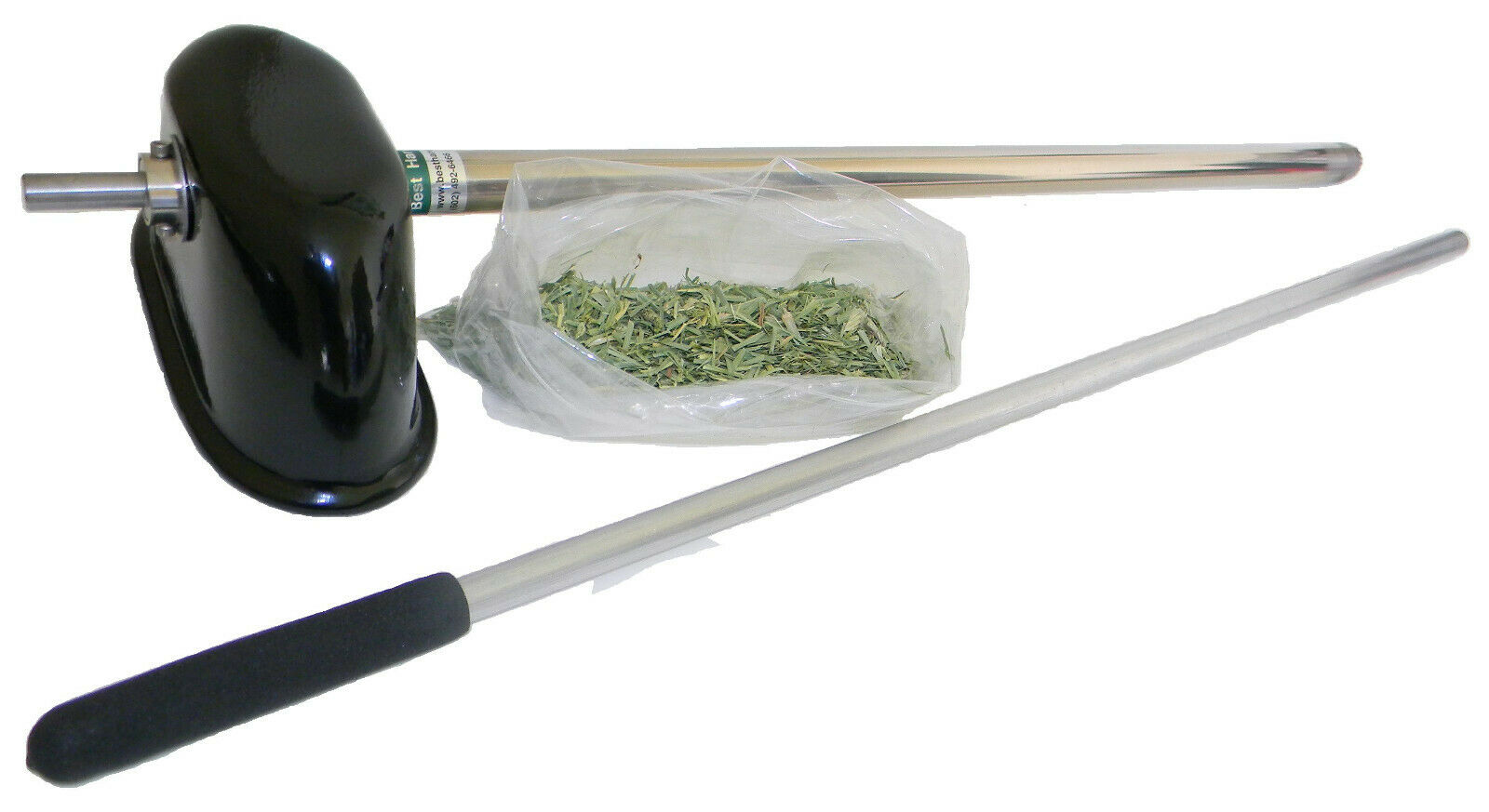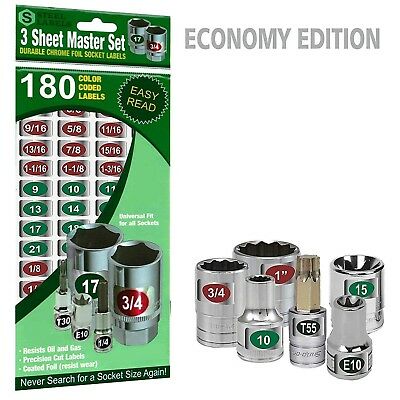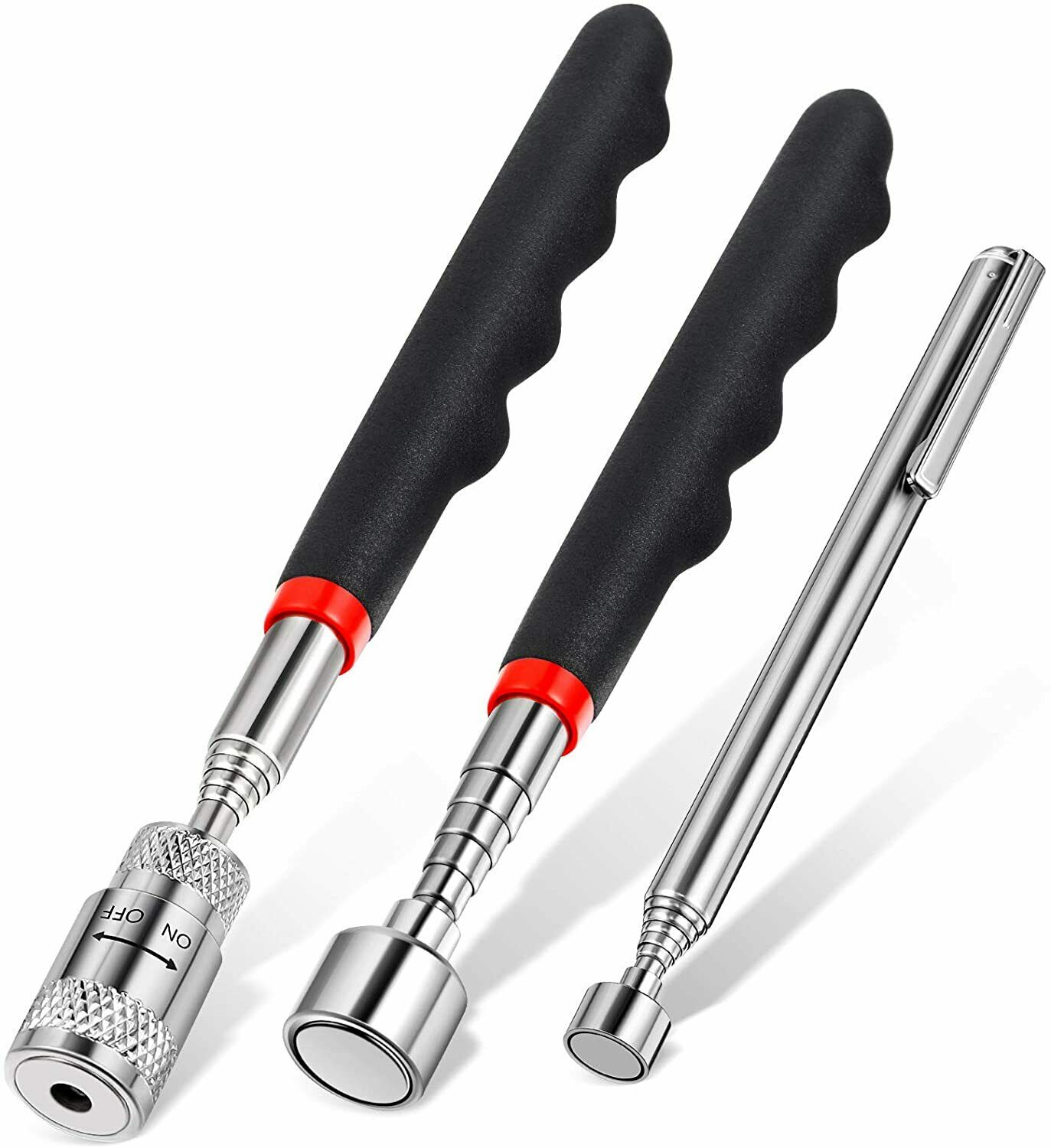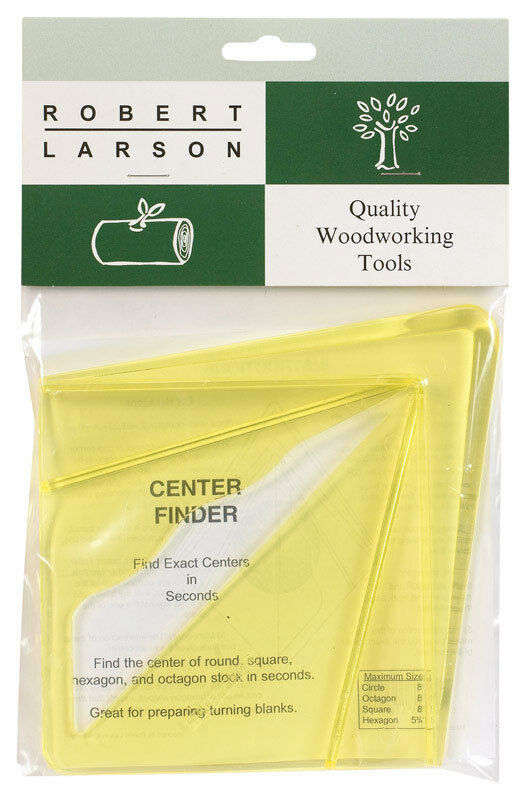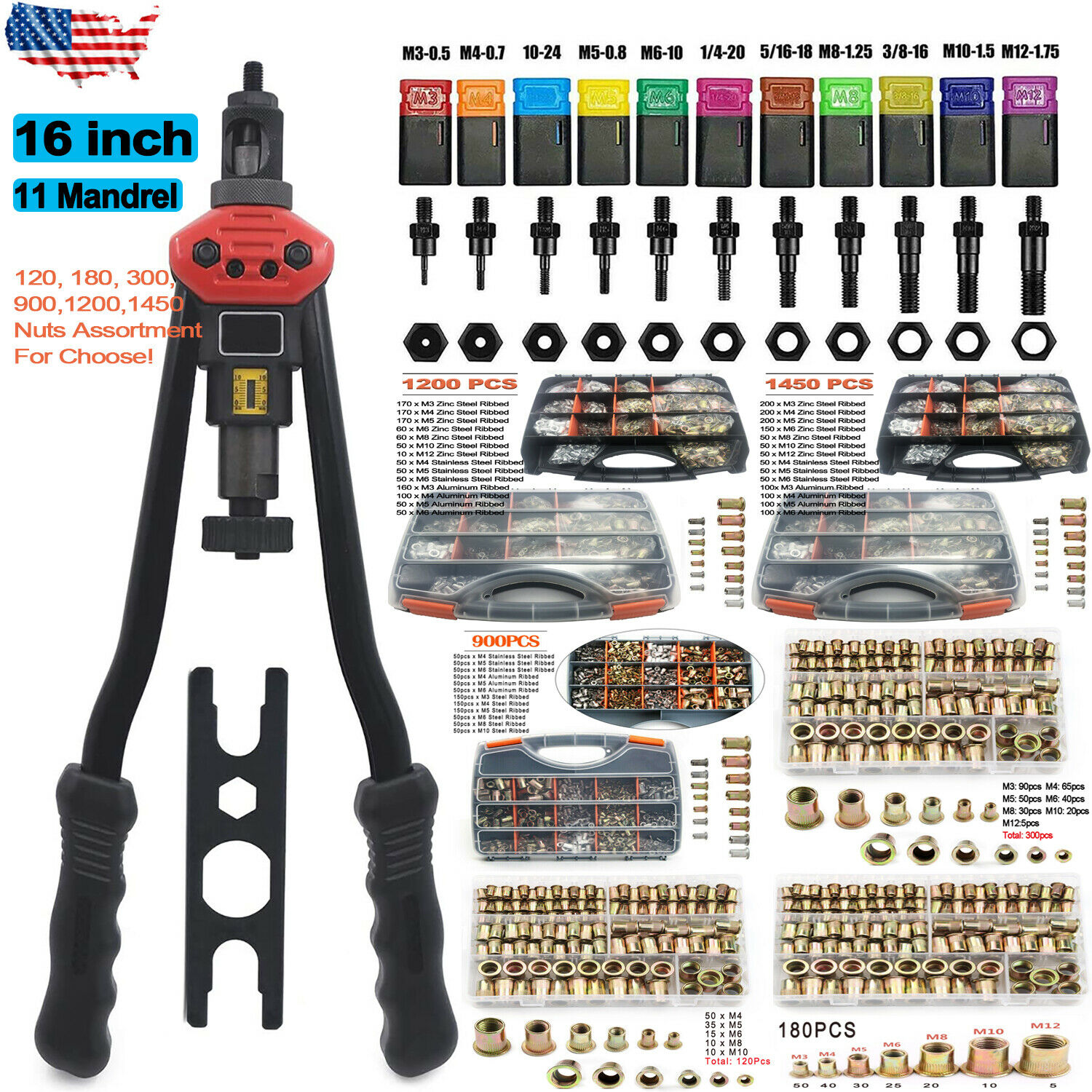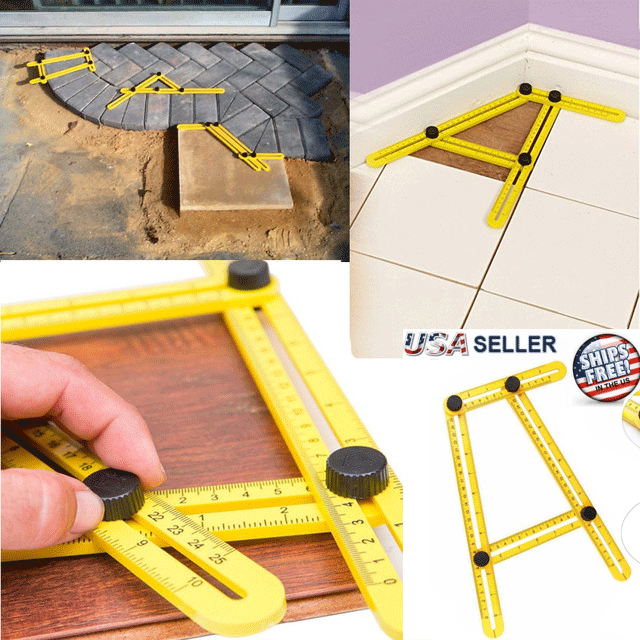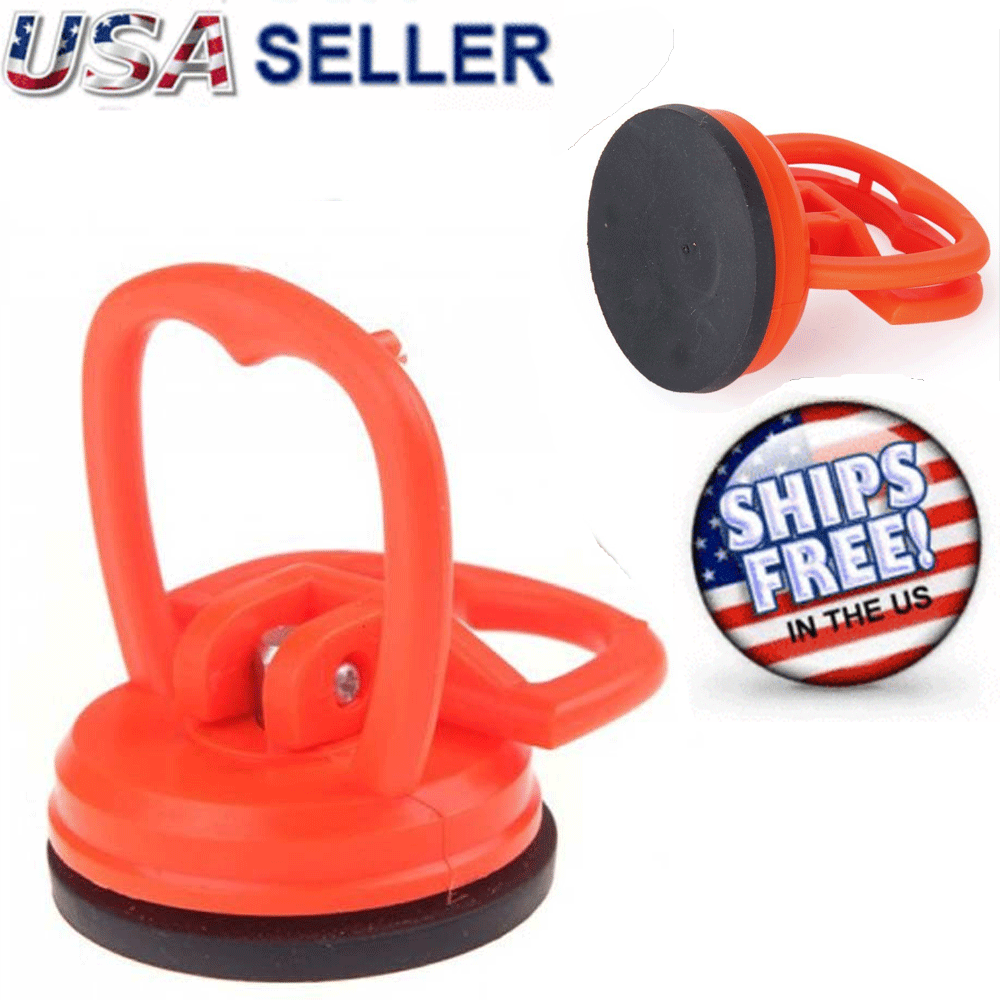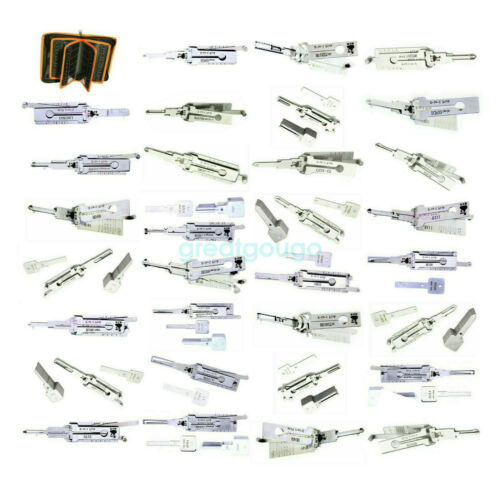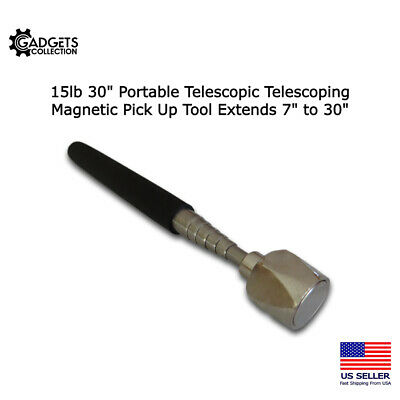-40%
Hay Bale Sampler Probe, 18" Depth, 3/8" Drill-Type for Sampling Forage
$ 110.87
- Description
- Size Guide
Description
Hay Bale Sampler Probe, 18" Depth, 3/8" Drill-Type for Sampling Forage. Overall Length = 24"The Best Harvest Hay Probe Bale Sampler is the last Hay & Forage Probe you will ever need. Developed by farmers for farmers and recommended for the fast and convenient collection of bale samples for testing purposes.
Attach your Cordless or Corded 3/8" or 1/2" Drill for Penetrating Action. Collect hay samples easily and prevent contamination from handling. Attach drill, cut thru forage, cleanout rod pushes up to 20 hay core samples into a 1-gallon standard zip-lock bags which are suspended from a durable ABS collection shield.
Includes Hay Probe Sampler, Cleanout Rod, 4 Baggies and Instructions. Made in the USA.
FEATURES
Self-Contained ABS Bagging Attachment Prevents Contamination
Efficient Design Allows One Person to Collect Hay Samples Quickly
Stainless Steel Components
Cleanout Rod Used Between Samples Ensures Complete Cleanout
Stainless Steel Serrated Tip
Protective Cutting Tip Cap is Included
Animal ration balancing requires a forage analysis.
Proper hay & forage analysis requires taking a good forage sample. Taking a good sample requires a hay probe. The Best Harvest Hay Probes allow recommended 5/8" samples of chopped forage to be gathered quickly and easily without contamination from handling.
Hay Probe Sampling Procedure:
Care should be taken when sampling hay. Samples should be uniformly obtained from several bales (10 bales minimum) throughout each sampling lot. Avoid sampling only one or two areas in the lot. Each sampling lot should be defined by date baled, cutting, forage type and pasture, and owner or farm name. Indicate if the hay was rained on while curing. Any significant event that could cause changes in forage quality would be reason for separating those samples into a different lot. For a large sampling lot (more than 50 bales), it is advisable to gather several hay samples for analysis.
Balage
: Drill to the full depth of the hay probe in at least 12 random locations throughout the wrapped bales. Use the cleanout rod to simply push the sample into the baggie. When finished tape the 1" holes in the balage made from the sampler.
Handling:
The handling of the hay sample is important to get accurate results. The sample cannot be exposed to air, as it will lose moisture. Samples left in the sunlight usually will have the moisture condensation on the plastic bag. Poorly sealed samples will lose fines or a portion of the sample. All of the above will effect the results. Care should be taken to keep samples in a cool location and packed securely to prevent sample spillage. Be sure that identification is secure and is written with a marking pen that is water proof. Shipping containers should be the correct size to prevent excessive movement. Zip lock bags need to be packed securely. Do not hold samples for an extended time. This just adds to the possibility of error.
